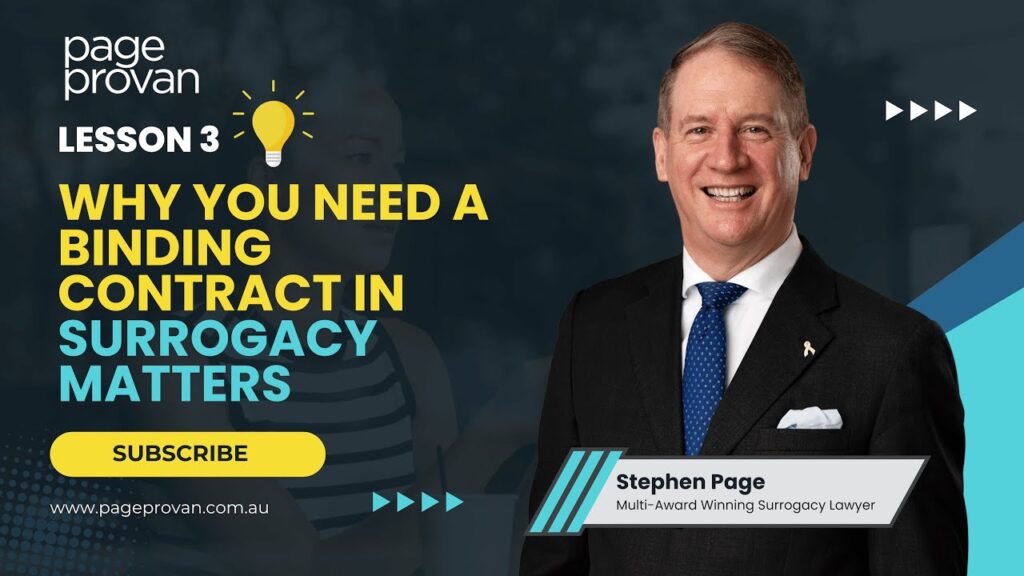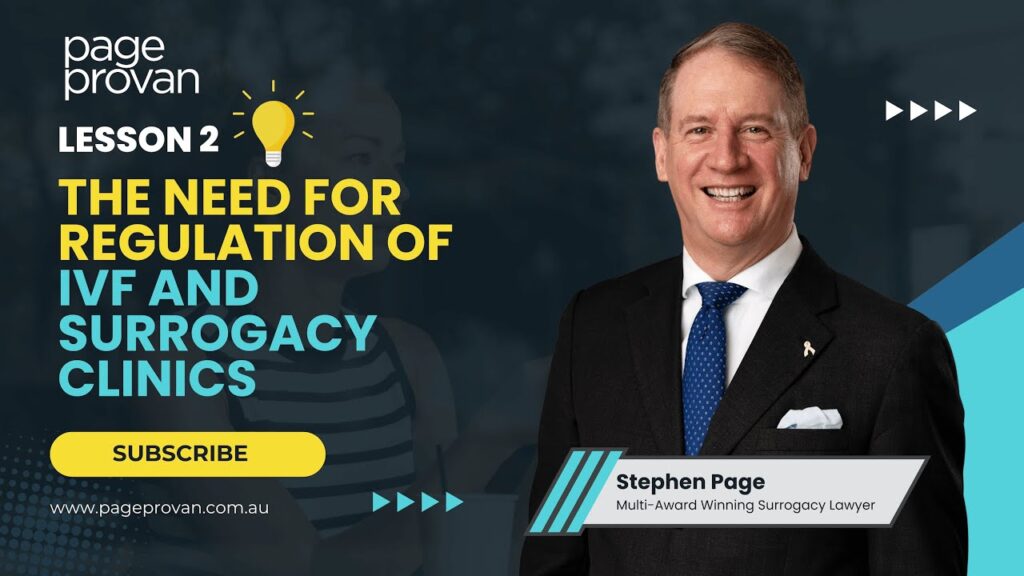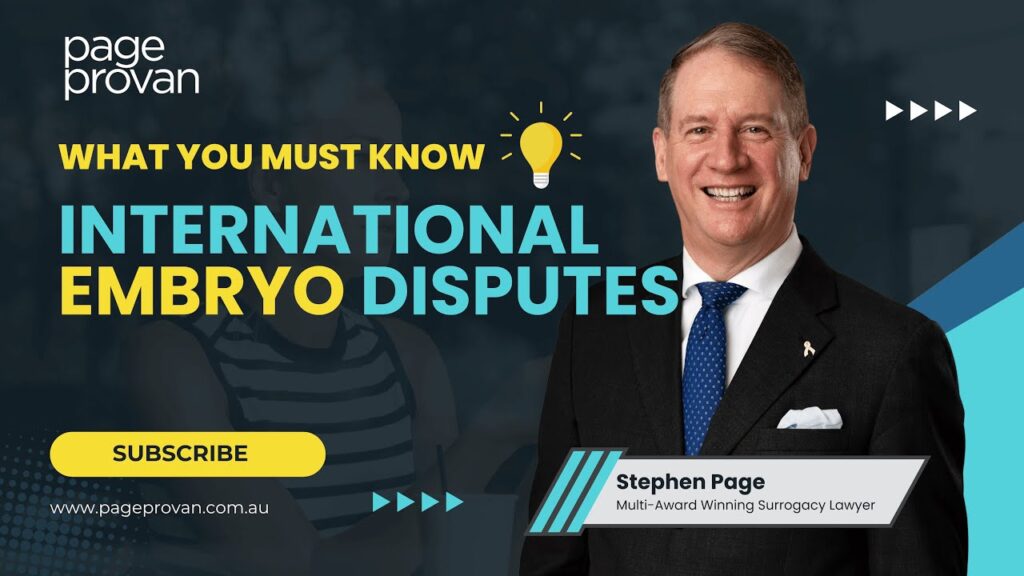Italy’s Surrogacy Ban: What Australian Intended Parents Need to Know
In late October 2024, an Italian gay couple, two Italian citizens, have been arrested at Buenos Aires Airport in Argentina where they were scheduled to take a flight back to Italy with a baby born via surrogacy. After their arrest, they admitted that the girl had been carried by a surrogate in Argentina.
The reports say that investigators are not focusing on the couple, who have been ordered not to leave the country, nor the surrogate, but an organisation allegedly exploiting women in need and people and intended parents are seeking to become parents via surrogacy.
On 16 October 2024, surrogacy has become a “universal crime” in Italy, even if it takes place in countries where it is legal, with Italian couples, including those two men, risking up to two years imprisonment and fines of between $600,000 and $1m euros.
As a result of the arrests, we have received reports that all new surrogacy cases in Argentina have been put on hold by IVF clinics and surrogacy agencies there.
The actions by Argentinian authorities in following up the request by Italy are unprecedented.
Italy has followed what our director Stephen Page calls the “Queensland disease” which is extraterritorial surrogacy laws. These laws do not work and as the then Chief Justice of the Family Court of Australia and Chief Judge of the Federal Circuit Court of Australia in 2014 called they bring the law into mockery (because they cannot be enforced) and therefore should be repealed. Nevertheless, they have not been repealed. Queensland was the first in the world to criminalise surrogacy overseas (1988), followed by the Australian Capital Territory (2004), Hong Kong (2007), New South Wales (2011), Ireland (2024) and now Italy.
Turkiye made it an offence for doctors to advise their patients about third party reproduction overseas in 2010 – but then repealed those laws in 2014, on the basis that they realised that the laws were unenforceable. There has been in a recent review of amendments to the ACT Parentage Act, a Parliamentary Committee in the ACT called for a review of these extraterritorial laws there. The Government did not do so.
A private members Bill in New South Wales to eliminate LGBTQIA+ discrimination included a provision to repeal the extraterritorial surrogacy laws there. That Bill lapsed. The subsequent Government Bill (which has been enacted), the Equality Amendment (LGBTQIA+) Act 2024 (NSW) pointedly left out any repeal of the extraterritorial criminalisation of surrogacy.
It remains an offence in Queensland, the ACT and New South Wales to engage in commercial surrogacy overseas. It may in some circumstances be an offence to engage in commercial surrogacy overseas for residents of the Northern Territory, South Australia and Western Australia.
For residents of any Australian State or Territory, if the overseas process of surrogacy regulation is by way of adoption, an offence may still be committed in that Australian State or Territory concerning that overseas surrogacy journey. There has been a view that residents of Victoria and Tasmania will not be committing any offence in undertaking surrogacy overseas. That is not true when it comes to adoption, being the method of regulation of surrogacy overseas. They might be.
It is wise for anyone undertaking an overseas surrogacy journey to obtain independent expert legal advice right at the beginning of their journey – and not to leave it too late.
There is nothing quite so shocking to intended parents to be told that they may well have committed serious criminal offences – because they didn’t think to get expert Australian legal advice right at the beginning of their journey.












